Ayurvedic Treatment for Allergic Rhinitis at Sai Ayush Ayurveda Hospitals
Niroga Ayurveda Healing ( Ayurveda Chikitsa / Treatments )
What is Allergic Rhinitis?
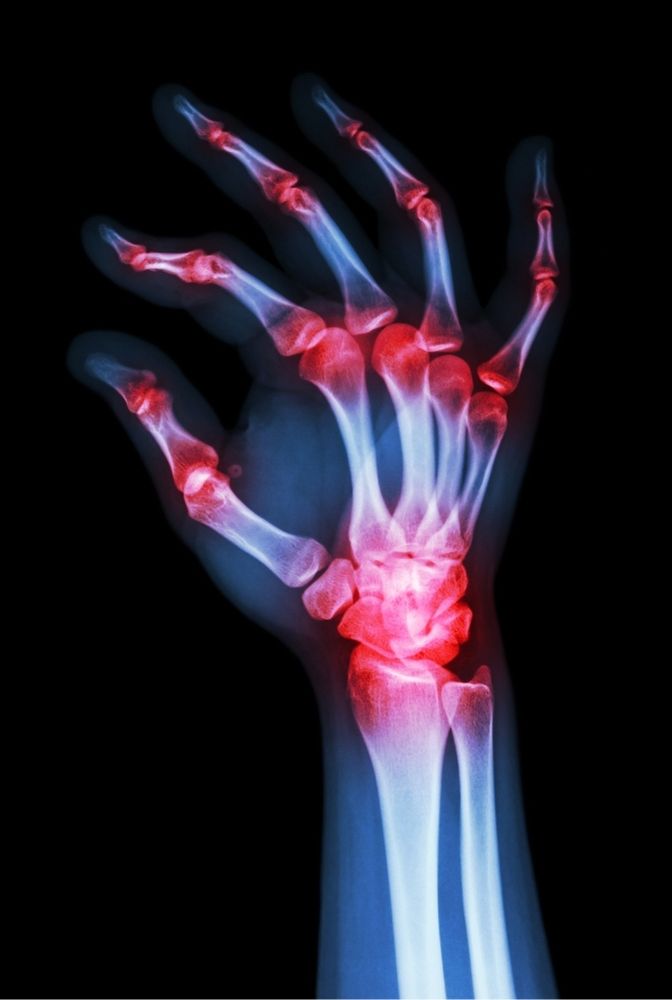
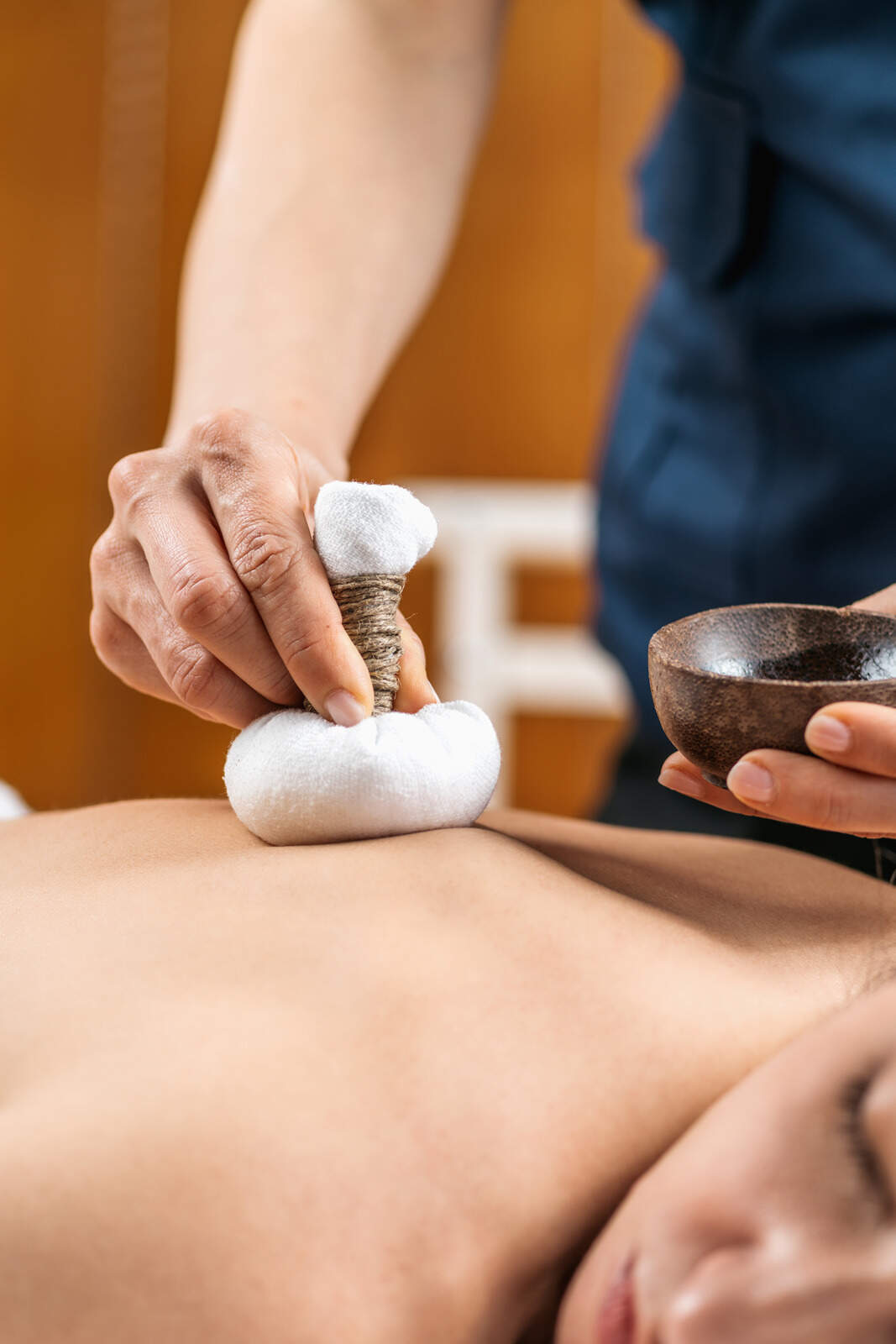
Why Choose Ayurveda for Allergic Rhinitis?
Ayurveda offers a holistic approach to managing allergic rhinitis by addressing the root cause and balancing the body’s doshas (Vata, Pitta, and Kapha). Ayurvedic treatments enhance immunity, reduce inflammation, and provide long-lasting relief through natural remedies and lifestyle modifications.
Allergic Rhinitis Statistics
- Hyderabad, India: Approximately 10-15% of the population suffers from allergic rhinitis.
- Globally: Over 400 million people are affected by allergic rhinitis.
Who is Frequently Affected Allergic Rhinitis?
- Individuals with a family history of allergies
- People living in urban areas with high pollution levels
- Children and young adults
- Individuals with asthma or other respiratory conditions
Allergic Rhinitis Causes and Aetiology
- Genetic Factors: Family history of allergies increases susceptibility.
- Environmental Allergens: Pollen, dust mites, mold, pet dander, and pollutants.
- Seasonal Changes: Higher pollen counts in spring and fall.
- Lifestyle Factors: Poor diet, stress, and lack of exercise.
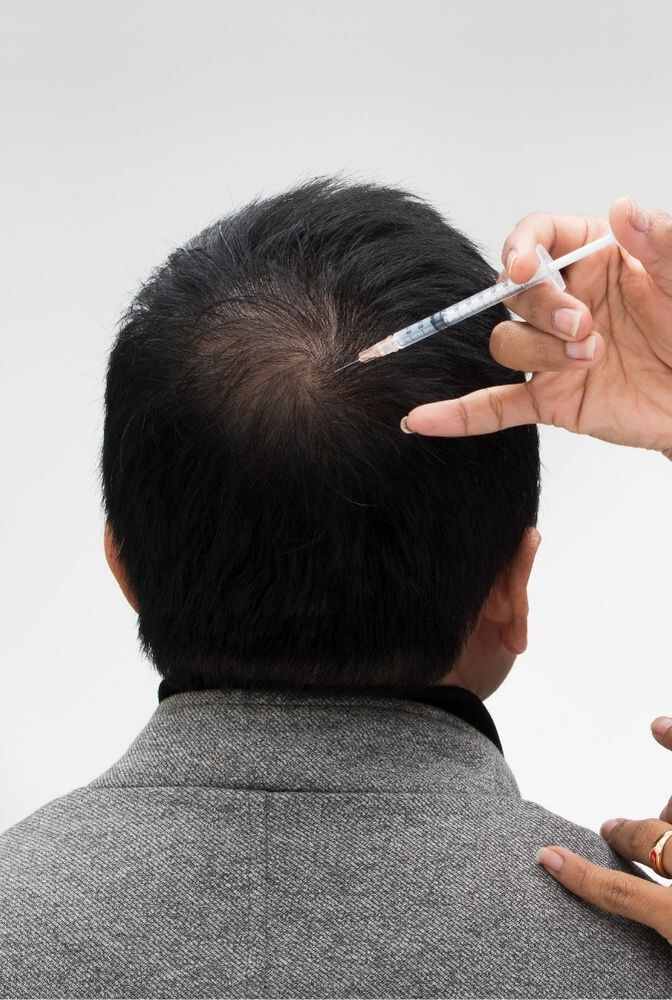
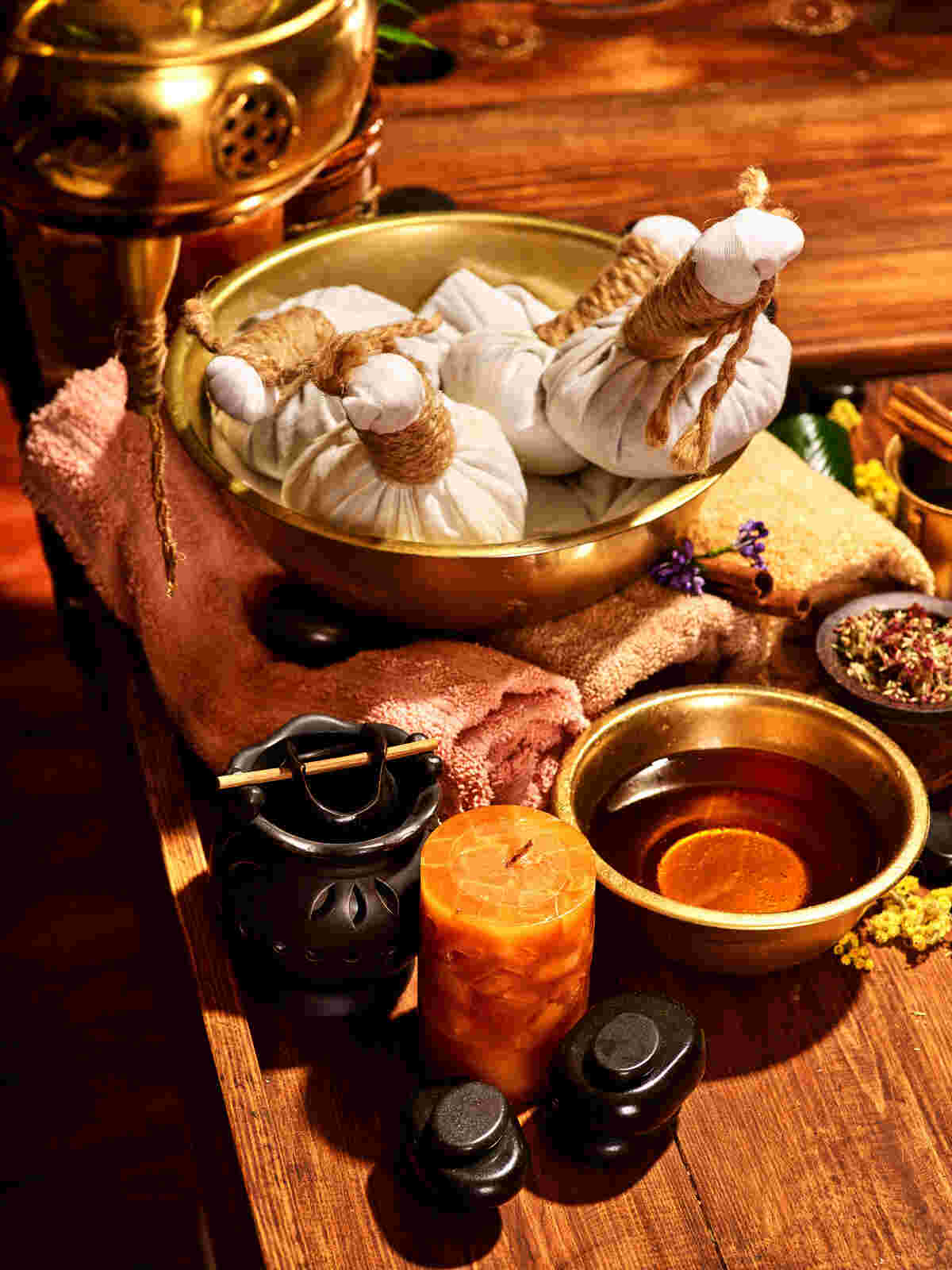
Allergic Rhinitis Symptoms and Signs
- Sneezing
- Nasal congestion
- Runny or itchy nose
- Itchy or watery eyes
- Postnasal drip
- Cough
- Fatigue
Allergic Rhinitis Diagnosis
Diagnosis involves a thorough medical history, physical examination, and allergy testing (skin prick test or blood test) to identify specific allergens.
Types of Allergic Rhinitis
- Seasonal Allergic Rhinitis: Occurs during specific seasons when pollen counts are high.
- Perennial Allergic Rhinitis: Occurs year-round due to continuous exposure to allergens like dust mites or pet dander.
- Occupational Allergic Rhinitis: Caused by allergens in the workplace.
Allergic Rhinitis Prevention
- Avoid known allergens and triggers
- Maintain a clean and dust-free environment
- Use air purifiers to reduce indoor allergens
- Keep windows closed during high pollen seasons
- Follow a healthy diet and exercise regularly to boost immunity
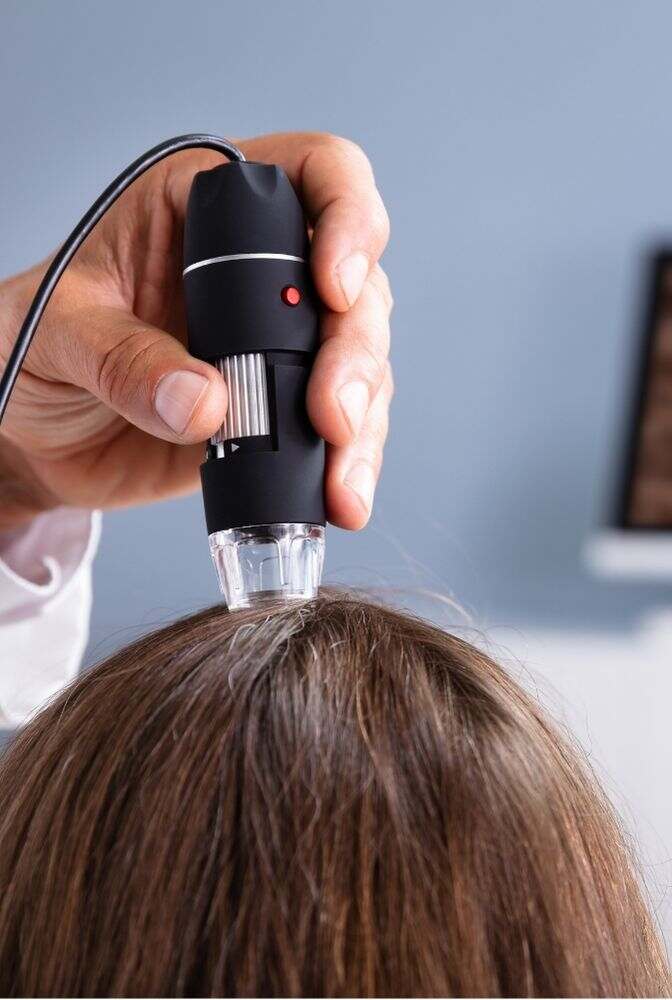
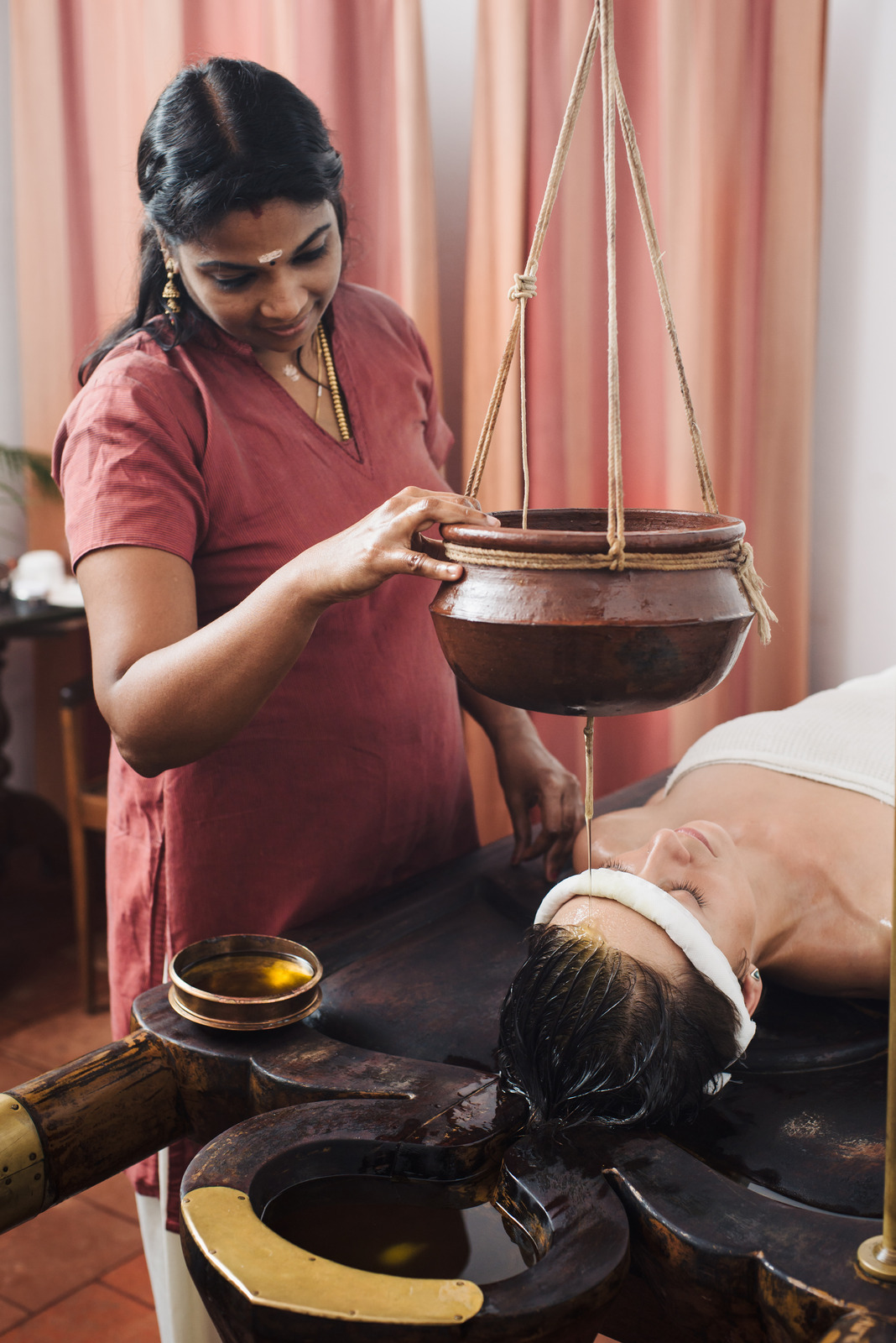
Allergic Rhinitis Home Remedies
- Saline Nasal Rinse: Helps clear nasal passages and reduce congestion.
- Steam Inhalation: Provides relief from nasal congestion and irritation.
- Turmeric Milk: Anti-inflammatory properties help reduce symptoms.
- Ginger Tea: Supports respiratory health and reduces inflammation.
- Honey and Lemon: Soothes the throat and acts as a natural expectorant.
Yoga for Allergic Rhinitis
- Pranayama (Breathing Exercises): Enhances lung function and reduces stress.
- Sarvangasana (Shoulder Stand): Improves blood circulation and strengthens the immune system.
- Matsyasana (Fish Pose): Opens up the respiratory tract.
- Savasana (Corpse Pose): Promotes relaxation and reduces stress.
Detailed Allergic Rhinitis Ayurvedic Treatment Options
Ayurveda provides a holistic approach to treating allergic rhinitis, focusing on balancing the body’s doshas, detoxifying the system, and using natural remedies to manage symptoms and improve overall health. Here are the detailed treatment options:
Dietary Adjustments
Diet plays a significant role in managing allergic rhinitis in Ayurveda. The focus is on consuming warm, easily digestible foods and avoiding cold and heavy foods that can aggravate Kapha dosha, which is often linked to respiratory issues.
Recommended Foods
- Warm Soups and Stews: These are soothing for the respiratory tract and easy to digest.
- Cooked Vegetables: Lightly cooked greens and root vegetables aid digestion and reduce Kapha.
- Whole Grains: Such as rice, quinoa, and barley, which are gentle on the stomach.
- Herbal Teas: Especially those containing ginger, turmeric, and tulsi, which help reduce inflammation and mucus.
Foods to Avoid
- Cold Foods and Drinks: Ice cream, cold beverages, and refrigerated foods can increase Kapha and mucus production.
- Heavy, Oily Foods: Deep-fried items and excessive oils are hard to digest and can worsen symptoms.
- Dairy Products: Milk, cheese, and yogurt can lead to mucus build-up.
Key Herbs:
- Haridra (Turmeric): Contains curcumin, a powerful anti-inflammatory and antioxidant. It helps in reducing nasal inflammation and boosts overall immunity.
- Tulsi (Holy Basil): Known for its ability to enhance immunity and alleviate respiratory symptoms. It acts as a natural expectorant and helps in clearing mucus.
- Ginger: Has anti-inflammatory properties that help reduce symptoms and support respiratory health. It also aids digestion and reduces Kapha accumulation.
Panchakarma Therapy
Panchakarma is a set of five therapeutic procedures aimed at detoxifying the body and balancing the doshas. It is highly effective in treating chronic conditions like allergic rhinitis.
Main Therapies for Allergic Rhinitis:
Nasya (Nasal Administration of Herbal Oils): This therapy involves the administration of herbal oils or powders through the nasal passages. It helps clear nasal congestion, reduce sinus inflammation, and improve respiratory function.
- Preparation: A gentle facial massage with herbal oils to open the pores.
- Steam Therapy: Inhalation of steam infused with herbs to loosen mucus.
- Herbal Oil Application: Instillation of warm herbal oils into each nostril.
- Post-Procedure Care: Resting for a few minutes followed by a gentle head massage.
Vamana (Therapeutic Emesis): This therapy involves induced vomiting to eliminate excess Kapha from the respiratory and digestive systems. It helps in clearing mucus and providing relief from symptoms.
- Preparation: Following a specific diet and herbal preparations to loosen and mobilize toxins.
- Therapy: Consumption of a decoction that induces vomiting.
- Monitoring: Carefully monitored by an Ayurvedic doctor.
- Post-Therapy Care: Rest and a specific diet to aid recovery.
Virechana (Purgation Therapy): Purgation helps detoxify the body and balance Pitta dosha. It involves the use of herbal laxatives to cleanse the intestines, promoting overall health and reducing triggers.
- Preparation: Following a diet and herbal preparations to prepare the body.
- Therapy: Administration of herbal laxatives.
- Post-Therapy Care: A specific diet and rest to support detoxification.
Rasayana Therapy
Rasayana therapy focuses on rejuvenating the body, enhancing immunity, and promoting overall well-being. It is especially beneficial for chronic conditions like allergic rhinitis.
Benefits:
- Immune System Boost: Helps the body resist allergens and infections.
- Improved Respiratory Function: Strengthens the respiratory system.
- Enhanced Vitality: Promotes overall physical and mental health.
Ayurvedic Medicines
Customized Ayurvedic formulations are prescribed based on the individual’s dosha imbalance. These medicines are designed to address the root cause of allergic rhinitis and provide long-term relief.
- Chyawanprash: An herbal jam that boosts immunity and respiratory health.
- Sitopaladi Churna: A traditional Ayurvedic powder used to treat respiratory disorders. It helps in balancing Kapha and promoting respiratory health.
- Yastimadhu (Licorice Root): Known for its soothing properties on the respiratory tract, it helps in reducing inflammation and easing breathing.
FAQs
Frequently Asked Questions
Q:What are the common symptoms of allergic rhinitis?
A:Common symptoms include sneezing, nasal congestion, runny nose, itchy eyes, and postnasal drip.
Q:How does Ayurveda treat allergic rhinitis?
A:Ayurveda treats allergic rhinitis by balancing the doshas, detoxifying the body, and using natural remedies and therapies to improve respiratory function and immunity.
Q:Are there any side effects of Ayurvedic treatments for allergic rhinitis?
A:Ayurvedic treatments are natural and generally have no side effects when administered by a qualified practitioner.
Q:Can Ayurvedic treatment prevent future occurrences of allergic rhinitis?
A:Yes, Ayurvedic treatments can strengthen the immune system and help prevent future occurrences by addressing the root cause.
Q:How long does it take to see results from Ayurvedic treatment for allergic rhinitis?
A:Results can vary, but many patients experience relief within a few weeks to a few months, depending on the severity and chronicity of the condition.
Fill out this form for booking online.
Appointment
Book An Appointment
Make sure to note down the appointment date, time, and location provided by the clinic. Set reminders on your calendar or set an alarm to ensure you are punctual and do not miss your appointment.
Customer Service
+91 84668 82266
WhatsApp Now
+91 84668 82266
Subscribe Now
SaiAyush Ayurveda

